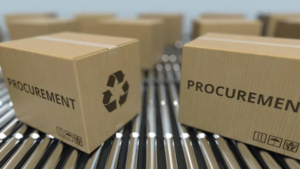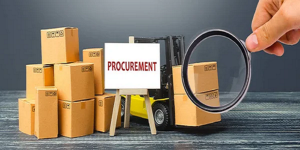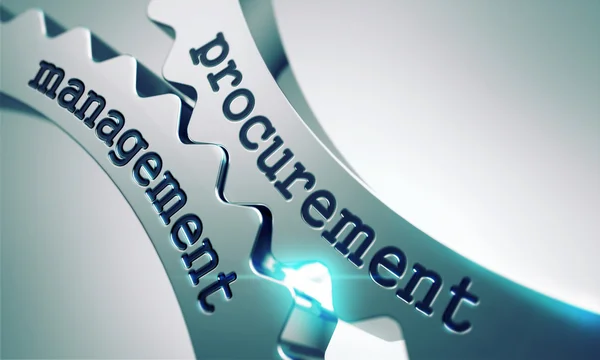Engineering procurement is acquiring and installing new equipment or materials for a project. It is a complex and multi-faceted process, and many potential mistakes can be made. Let’s discuss the top 10 mistakes to avoid in engineering procurement.
1. Not conducting a thorough needs assessment.
The first step in any engineering procurement project is to conduct a thorough needs assessment. This means understanding the project’s requirements in detail, including the scope of work, the budget, and the timeline. If you don’t have a clear understanding of the project’s needs, you are more likely to make mistakes in the procurement process.
2. Not doing your research.
Before you start the procurement process, it is important to do your research and understand the market. This means understanding the different suppliers available, their products and services, and their prices. It also means understanding the industry standards and regulations that apply to the project.
3. Not using a qualified procurement firm.
If you are not familiar with the engineering procurement process, it is a good idea to use a qualified procurement firm. A procurement firm can help you to avoid mistakes and ensure that the procurement process is completed on time, within budget, and to the highest standards.

4. Not having a clear procurement plan.
Once you have conducted a needs assessment and done your research, you need to create a clear procurement plan. This plan should include the steps involved in the procurement process, the timeline, and the budget. It should also include the criteria that you will use to evaluate the bids or proposals.
5. Not communicating effectively with the stakeholders.
Engineering procurement is a collaborative process, and it is important to communicate effectively with the stakeholders. This includes the project team, the suppliers, and the end users. It is important to keep everyone informed of the progress of the procurement process and to address any concerns that they may have.
6. Not setting realistic expectations.
It is important to set realistic expectations for the procurement process. This means understanding the time and resources that are required to complete the process. It also means understanding the risks involved in the process.
7. Not managing the risks.
There are always risks involved in any engineering procurement project. These risks can include delays, cost overruns, and quality problems. It is important to identify the risks and develop a plan to manage them.
8. Not documenting the process.
It is important to document the procurement process. This documentation will help to ensure that the process is transparent and that there is a clear record of the decisions that were made. It will also help to avoid disputes in the future.

9. Not following up after the procurement.
The procurement process does not end when the contract is awarded. Following up after the procurement is important to ensure that the project is completed on time, within budget, and to the highest standards.
10. Not learning from your mistakes.
Everyone makes mistakes. The important thing is to learn from your mistakes and to improve your procurement process over time.
By avoiding these mistakes, you can improve your chances of success in engineering procurement.
At Prime Radiant Energy Solutions Ltd, we will help you avoid these mistakes that could negatively impact the success of your projects. We are a leading engineering procurement firm with years of experience. We have a team of experts who can help you to avoid the mistakes listed in this article and to ensure that your procurement process is successful. You can request a quote here. Send us a mail here to learn more about our services or give us a call at 07068201486 Follow us on Linkedln here




